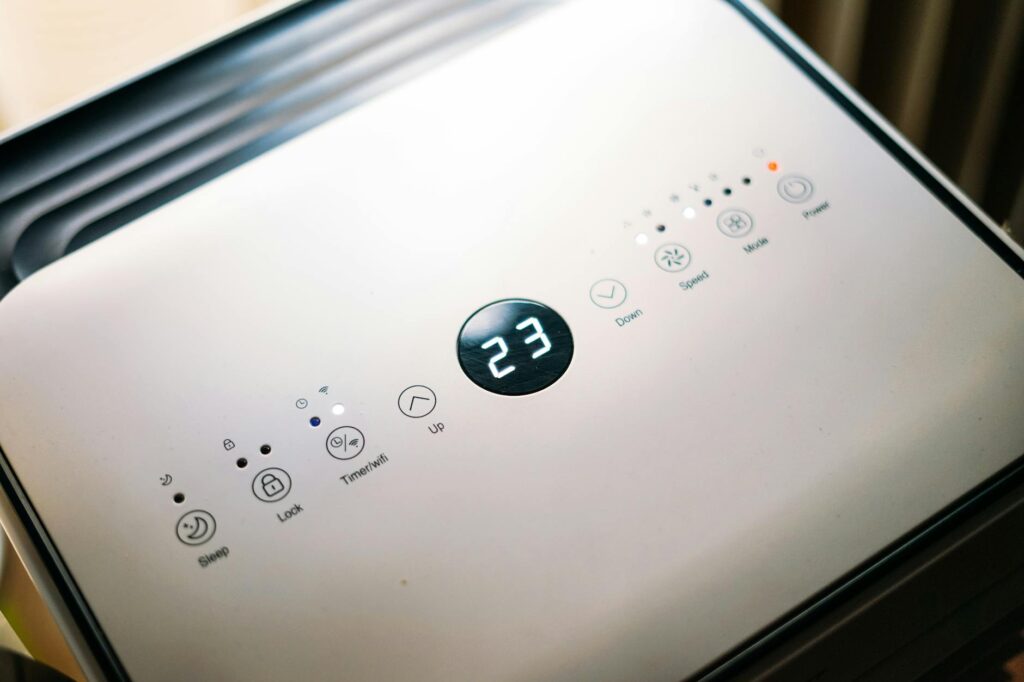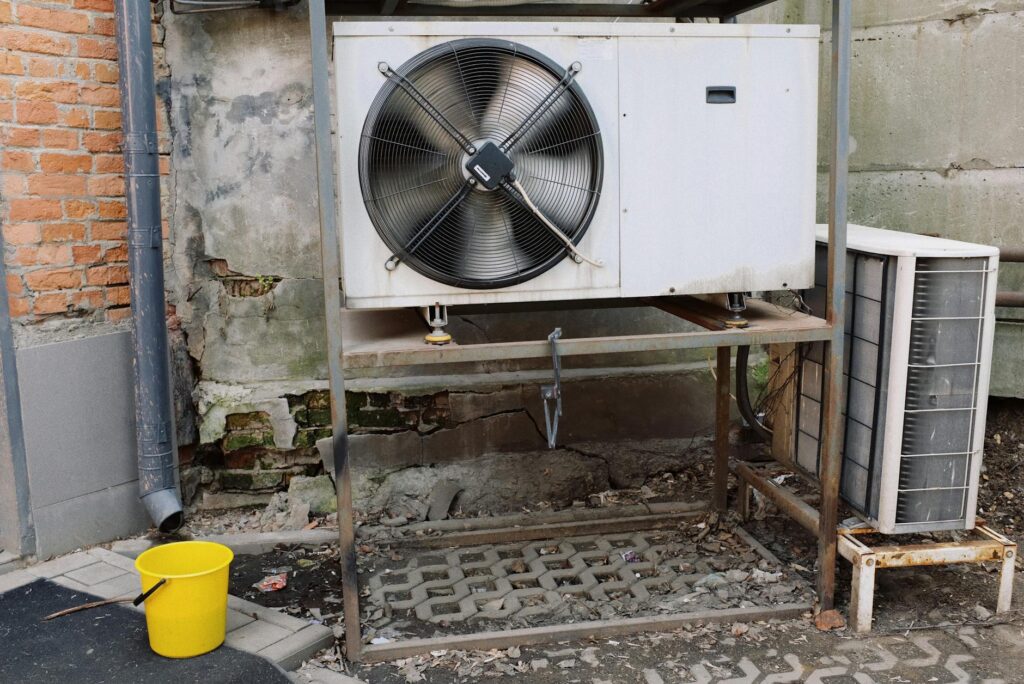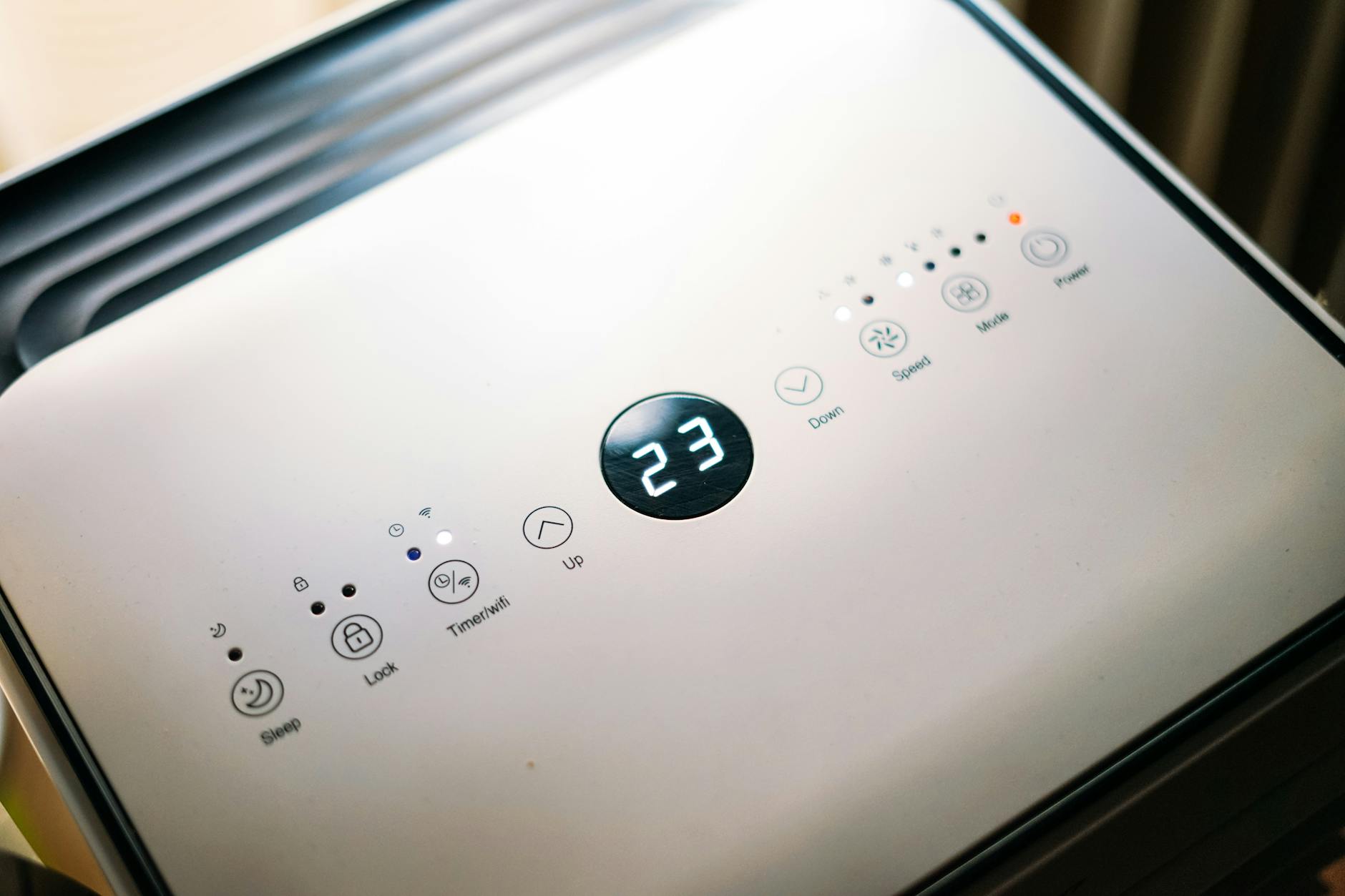An energy-efficient air conditioner isn’t just a responsible choice for the environment; it’s a smart financial investment. This post will delve into the tangible return on investment (ROI) you can expect from upgrading to a more energy-efficient model.
Understanding Energy Efficiency Ratings
Before we dive into ROI, it’s crucial to understand how energy efficiency is measured. The Seasonal Energy Efficiency Ratio (SEER) rating indicates how efficiently an air conditioner uses energy over an entire cooling season. Higher SEER ratings mean lower energy bills. A higher SEER rated unit will pay for itself over time through lower energy usage. You can learn more about SEER ratings on the Department of Energy website.
Calculating Your Potential Savings
Calculating the precise ROI requires understanding your current energy consumption. Check your past electricity bills to determine your average monthly AC costs. Then, compare that to the projected energy usage of a higher SEER model. Many online calculators can help estimate these savings. Consider using one to input your usage data to see the potential savings for your area. 
The Upfront Costs
A high-efficiency AC unit typically costs more upfront than a standard model. This initial investment is a major factor in your overall ROI calculation. However, government rebates and tax credits are often available for energy-efficient appliances like these, which can significantly reduce the upfront cost. Check out the EnergyStar website to discover what rebates are available to you.
Long-Term Cost Benefits
While the initial cost might seem high, the long-term benefits are substantial. Lower monthly electricity bills translate to significant savings over the lifespan of the air conditioner (15-20 years). This consistent savings is the core of the ROI, gradually offsetting the higher initial purchase price. 
Increased Home Value
Energy efficiency is a highly desirable feature for homebuyers. Installing an energy-efficient AC unit can increase your home’s value, providing a return on your investment beyond just lower energy bills. This added value becomes particularly apparent when you decide to sell your home.
Reduced Carbon Footprint
Beyond the financial benefits, an energy-efficient AC unit helps reduce your carbon footprint. Lower energy consumption contributes to a smaller environmental impact, aligning with sustainable living practices. Read more about reducing your environmental impact with home energy upgrades.
Maintenance and Lifespan
Regular maintenance is essential for maximizing the lifespan and efficiency of any air conditioning unit. Proper maintenance keeps it running smoothly, preventing costly repairs and ensuring that you continue to reap the long-term benefits.  Proper maintenance is key to maximizing the longevity of your unit. Investing in routine maintenance will ensure it continues to function at optimal efficiency.
Proper maintenance is key to maximizing the longevity of your unit. Investing in routine maintenance will ensure it continues to function at optimal efficiency.
Rebates and Incentives
Don’t forget to explore available rebates and tax incentives! Many utility companies and government programs offer financial assistance for upgrading to energy-efficient appliances. These incentives can dramatically improve the overall ROI, making the upgrade even more financially attractive. For more information on available incentives, visit your local utility company website.
In conclusion, while the initial investment in an energy-efficient air conditioner might seem significant, the long-term savings, increased home value, and reduced environmental impact make it a worthwhile investment with a strong ROI. By carefully considering the factors discussed above, you can make an informed decision that benefits both your wallet and the planet.
Frequently Asked Questions
What is the average lifespan of an energy-efficient air conditioner? Energy-efficient air conditioners, with proper maintenance, can last 15-20 years.
How can I calculate my potential savings? Use online energy saving calculators or consult with an HVAC professional to estimate your potential savings.
Are there any government rebates available? Yes, many local, state, and federal government programs offer rebates and tax credits for energy-efficient upgrades; check your local utility company website for specifics.
How does SEER rating affect my energy bill? A higher SEER rating signifies greater energy efficiency, resulting in lower electricity bills.
What is the role of regular maintenance? Regular maintenance ensures your unit runs optimally, extending its lifespan and maximizing energy savings.





